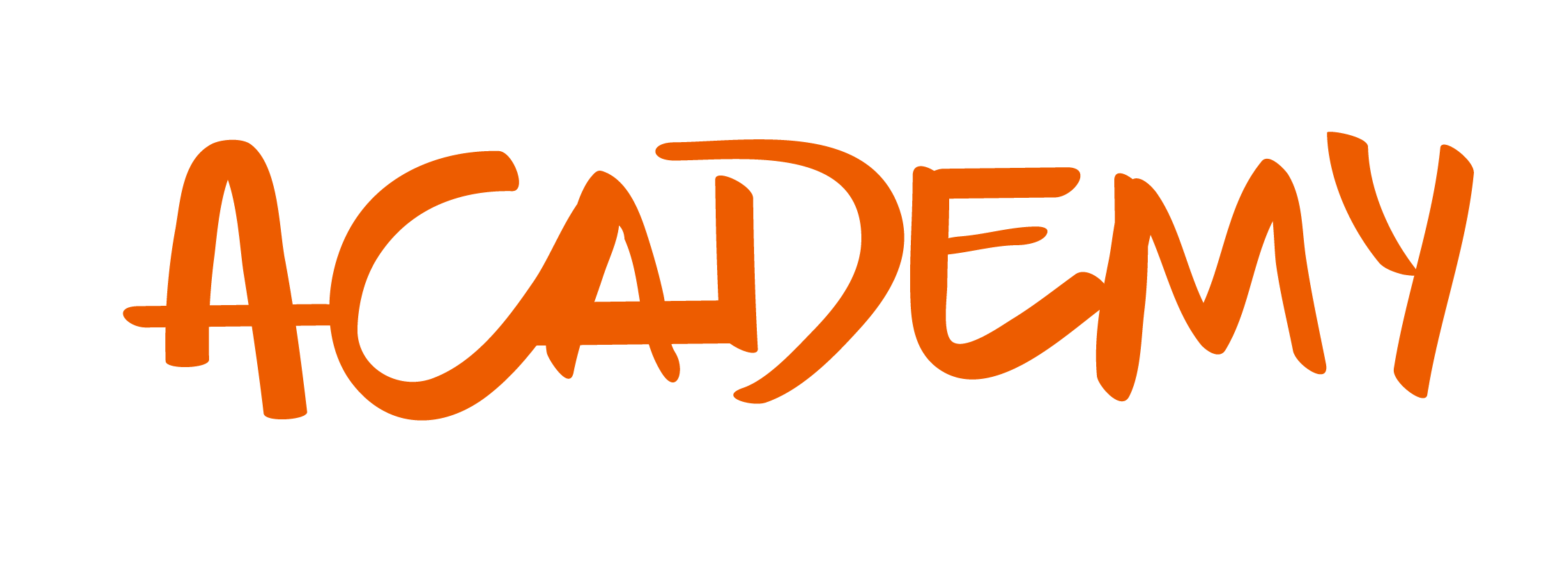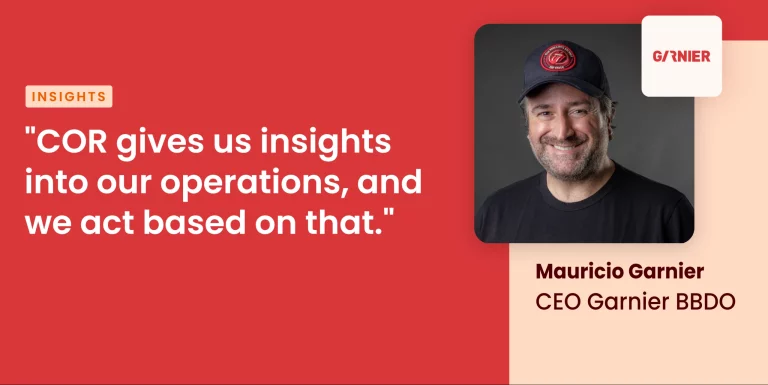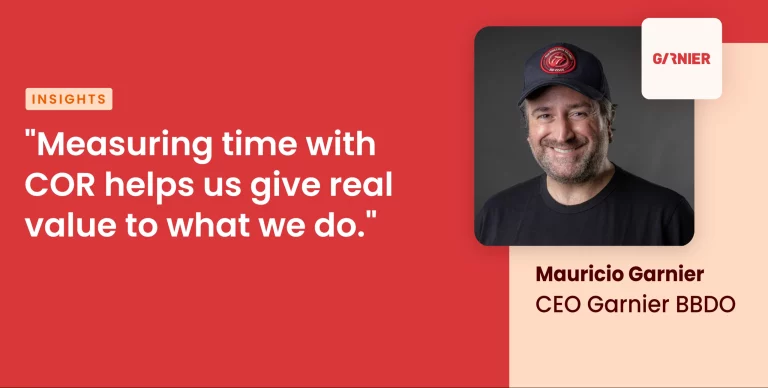Project management in consulting firms can be a real challenge. From dealing with tight deadlines to coordinating interdisciplinary teams, consultants face multiple obstacles in their daily work. However, there’s an issue that, while not always immediately recognized, can significantly impact the success of any project: the lack of clarity in project objectives.
Why is this such a common problem?
One of the main reasons for the lack of clarity in objectives is poor communication between the client and the consulting firm. Often, clients know they have a problem, but they don’t always have a clear vision of the outcome they want to achieve. This lack of definition can lead to vague briefs, constant changes in requirements, and, ultimately, chaotic project management.
Additionally, in the rush to meet client expectations, consulting firms can fall into the trap of moving forward with a project without clearly defining the objectives from the start. This can lead to situations where the team works hard but without a clear direction, resulting in deliverables that don’t meet the client’s expectations or the strategic goals of the project.
Consequences of lack of clarity in objectives
When objectives are not clearly defined from the beginning, the project faces a series of risks that can severely affect its development:
- Delays and increased costs: Ambiguity in objectives can lead to misunderstandings about project requirements. This creates the need for multiple adjustments and changes, which inevitably results in delays and increased costs.
- Client dissatisfaction: Without clear objectives, it’s difficult to align the client’s expectations with the project’s outcomes. This can lead to frustration and dissatisfaction, as the client may feel that the project is not moving in the desired direction or is failing to meet their real needs.
- Low team morale: The lack of clarity also affects the consulting team. Consultants may feel demotivated and frustrated if they don’t fully understand the direction they need to take, or if the objectives constantly change. This situation can lead to high staff turnover and decreased productivity.
How to solve the lack of clarity in objectives
To prevent unclear objectives from becoming an obstacle, consulting firms should adopt effective project management practices:
- Conduct a detailed initial project definition: Before starting any project, it’s crucial to take the time to define the objectives precisely and in detail. This includes not only the “what” of the project but also the “why” and “how.” Using techniques like the SMART framework (Specific, Measurable, Achievable, Relevant, and Time-bound) can help establish clear and measurable objectives.
- Facilitate open and transparent communication with the client: From the outset, there should be ongoing and open dialogue with the client to ensure both parties understand and agree on the project objectives. Involving the client in the process of defining objectives and obtaining their approval before starting can significantly reduce ambiguity.
3. Document and align objectives internally: Once the project objectives are defined, it’s important that all members of the consulting team clearly understand them. Documenting the objectives and regularly communicating the project’s status ensures that everyone is aligned and working towards the same goal.
4. Regularly review and adjust objectives: As the project progresses, it’s essential to periodically review the objectives with the client to ensure they remain relevant and achievable. This allows for adjustments if circumstances change, avoiding unpleasant surprises at the end of the project.
Conclusion
The lack of clarity in objectives is a common but avoidable issue in project management for consulting firms. By ensuring that everyone involved, from the client to the internal team, has a clear understanding of what is expected, consulting firms can minimize risks, improve client satisfaction, and foster a positive working environment. Defining clear objectives from the start not only saves time and money but also strengthens the relationship with the client and enhances the team’s performance.
For any consulting firm, the key lies in clear communication, precise definition, and maintaining the flexibility needed to adapt to the client’s changing needs without losing sight of the project’s objectives.














